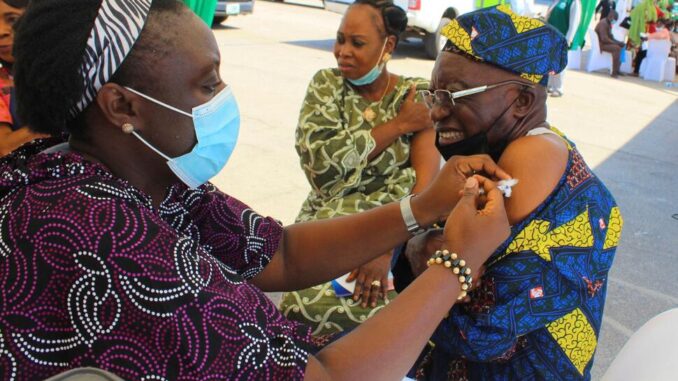
The risk of re-infection with Covid-19 is increased with the Omicron variant, according to a study made by South African scientists, providing the first indication that this variant is more capable of bypassing the immunity acquired through infection than previous variants.
The work is based on the analysis of 35,670 reinfections identified in nearly 2.8 million individuals who tested positive in South Africa.
Between 1 and 27 November, the risk of re-infection was three times higher than in the waves linked to the Beta and Delta variants.
“The Omicron variant is associated with a substantial ability to escape immunity from prior infection,” concludes the study, which was made available on the medRxiv pre-publication site on Thursday but has not yet been peer-reviewed.
“We do not have information on the vaccination status of individuals in our data, so we cannot draw any conclusions about Omicron’s ability to escape vaccine-induced immunity,” warned Juliet Pulliam, of South Africa’s Stellenbosch University, and lead author of the study, on Twitter.
Last month, South Africa announced that it had detected the new variant, creating a global panic.
Since it has many mutations, scientists have been trying to understand whether it is more contagious or able to resist immunity acquired through vaccines or prior infection.
However, according to initial observations, people re-contaminated with this variant often had less severe symptoms, she said.
Vaccines should remain effective against severe forms of the disease, she added. But most experts remain largely cautious on the subject for the time being.
The variant, present to date in at least 22 countries according to the WHO, has been detected in four African countries: Ghana, Nigeria, Botswana and South Africa.
The number of official cases of Covid-19 has increased by 54% on the continent over the last seven days compared to the previous days, due to the exponential increase in infections in South Africa.
